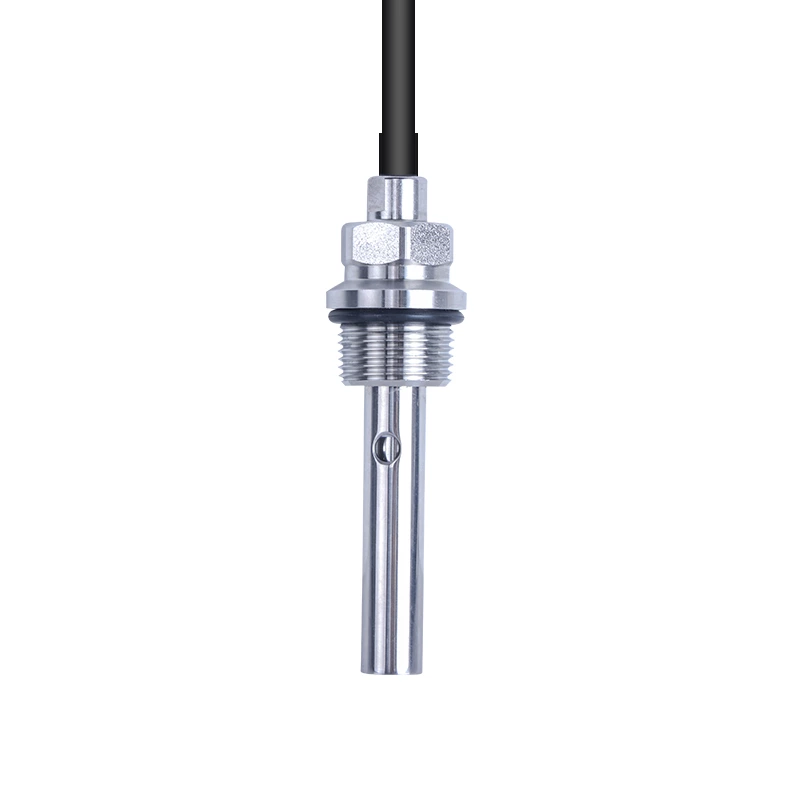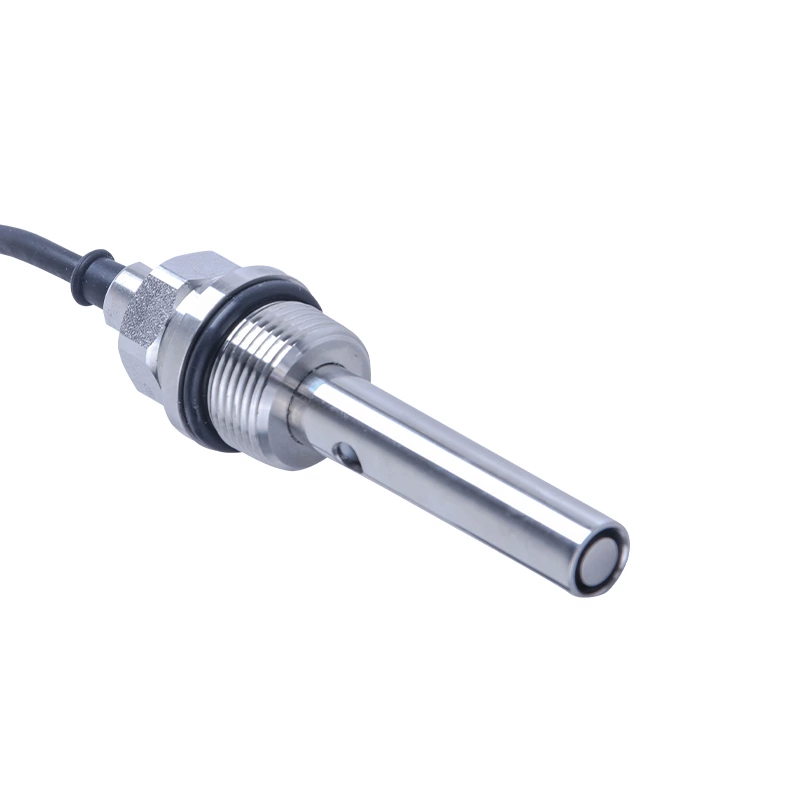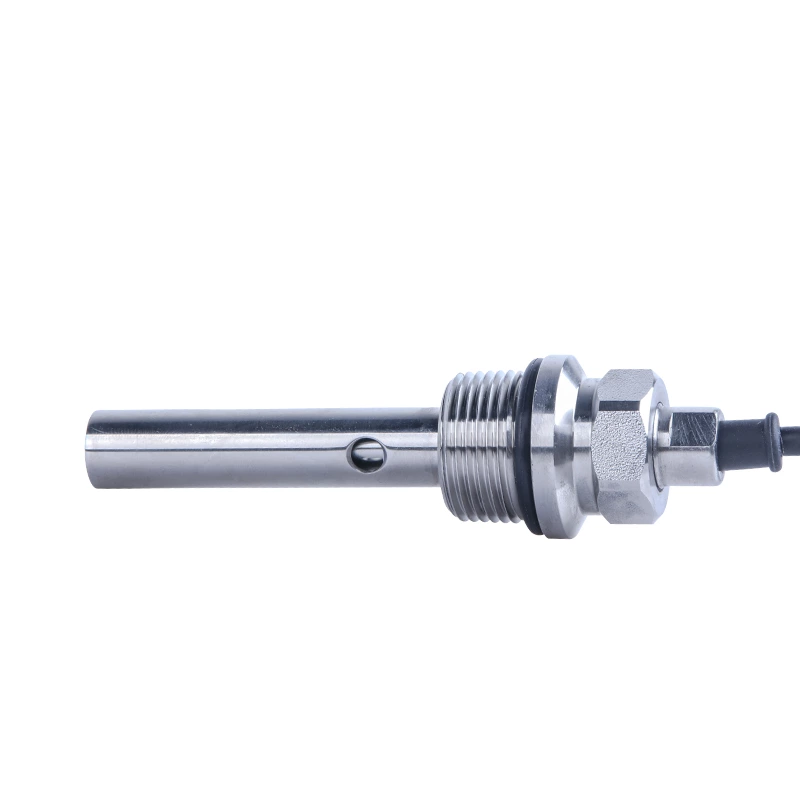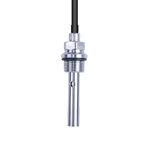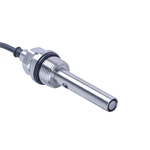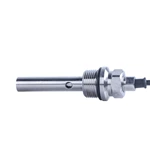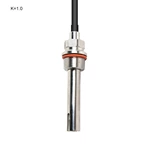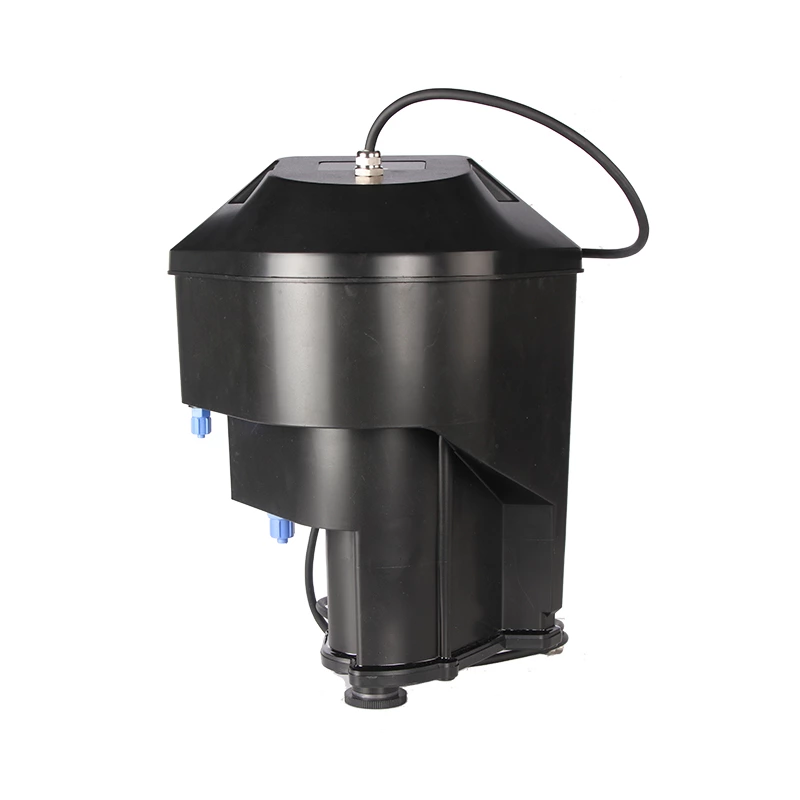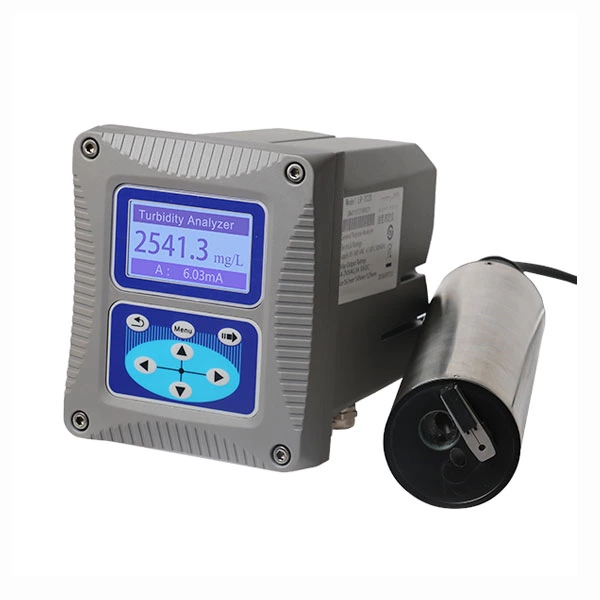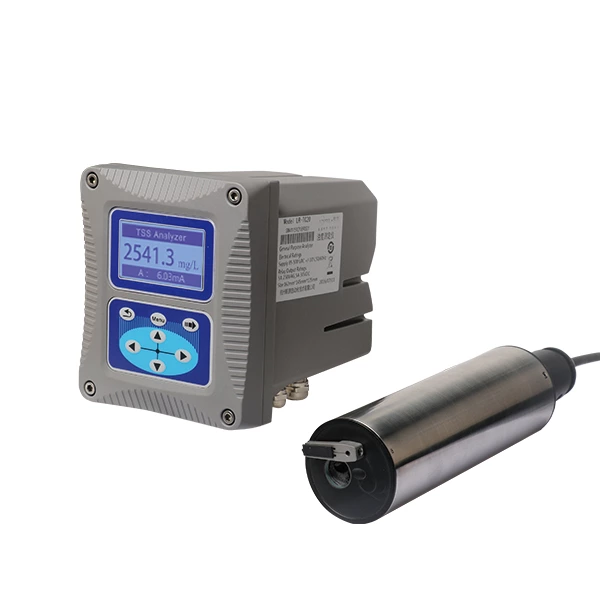| Product |
TDS sensor, EC sensor, Resistivity sensor |
| Model |
SUP-TDS-7001 |
| Measure range |
0.01 electrode: 0.01~20us/cm |
| 0.1 electrode: 0.1~200us/cm |
| 1.0 electrode: 1~2000us/cm |
| Accuracy |
±1%FS |
| Thread |
G3/4 |
| Pressure |
5 bar |
| Material |
stainless steel (SS304/ SS316) |
| Temp compensation |
NTC10K (PT1000, PT100, NTC2.252K optional) |
| Temperature range |
0-50℃ |
| Temperature accuracy |
±3℃ |
| Ingress protection |
IP68 |
SUP-TDS-7001 online conductivity/resistivity sensor, an intelligent online chemical analyzer, is widely applied for continuous monitoring and measurement of EC value or TDS value or Resistivity value and temperature in the solution in the industry of thermal power, chemical fertilizer, environmental protection, metallurgy, pharmacy, biochemistry, food and water, etc.
A conductivity sensor is a device used to measure the electrical conductivity of a solution. It is commonly used in various industries such as pharmaceuticals, food and beverage, and water treatment. The sensor works by measuring the ability of a solution to conduct an electrical current. This is done by placing two electrodes in the solution and applying a small voltage between them.
The conductivity of a solution is directly proportional to the concentration of dissolved ions in the solution. Therefore, the sensor can be used to determine the concentration of various ions such as sodium, chloride, and calcium. The accuracy of the sensor depends on various factors such as the temperature and purity of the solution.
There are different types of conductivity sensors available in the market. Some sensors use a two-electrode system, while others use a four-electrode system. The four-electrode system is more accurate as it eliminates the effect of electrode polarization. Additionally, there are sensors that can measure both conductivity and temperature simultaneously.
Conductivity sensors are commonly used in water treatment plants to monitor the quality of water. They can detect changes in the concentration of ions and alert operators to any potential issues. In the food and beverage industry, conductivity sensors are used to monitor the concentration of various ingredients in a solution. This ensures that the final product has a consistent quality.
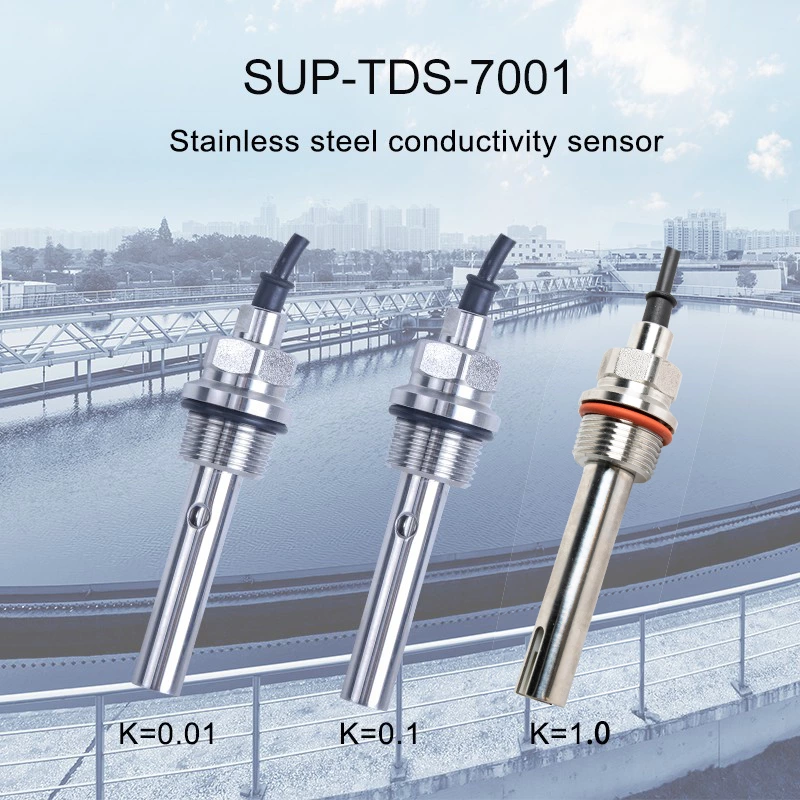
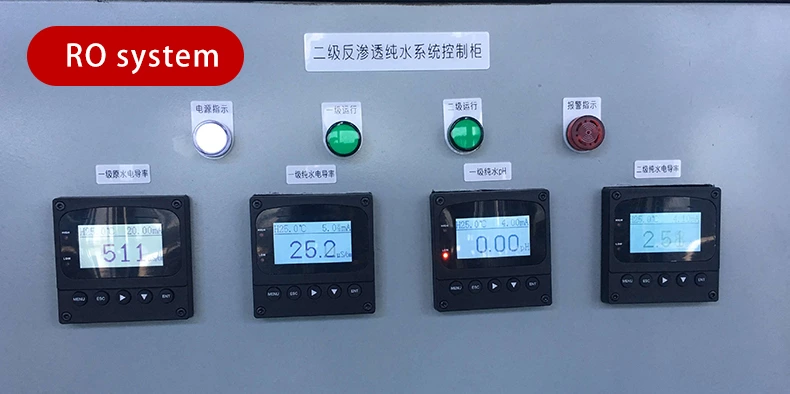
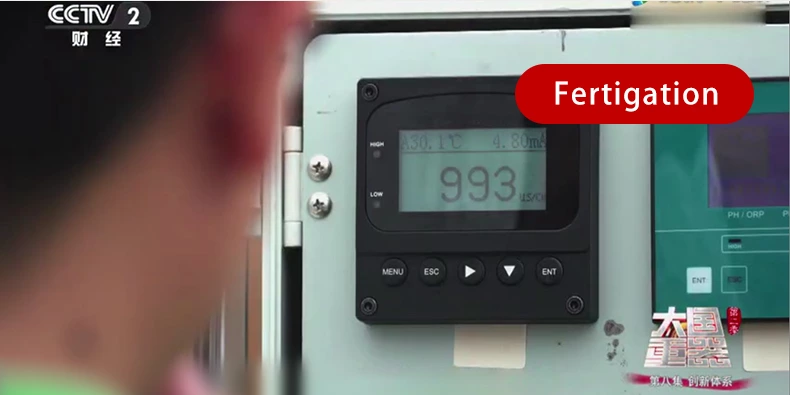
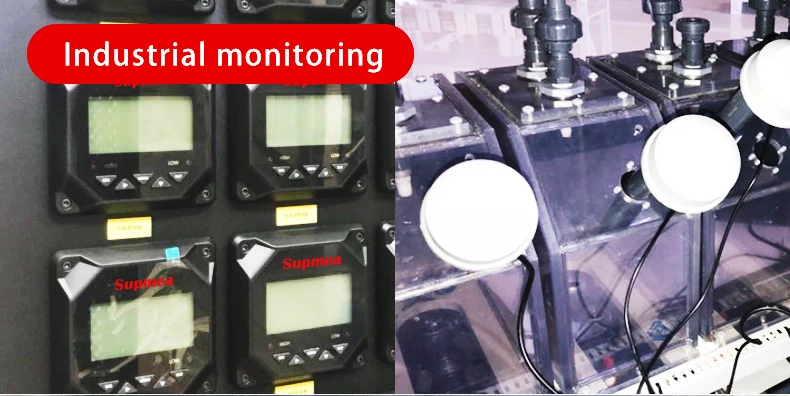
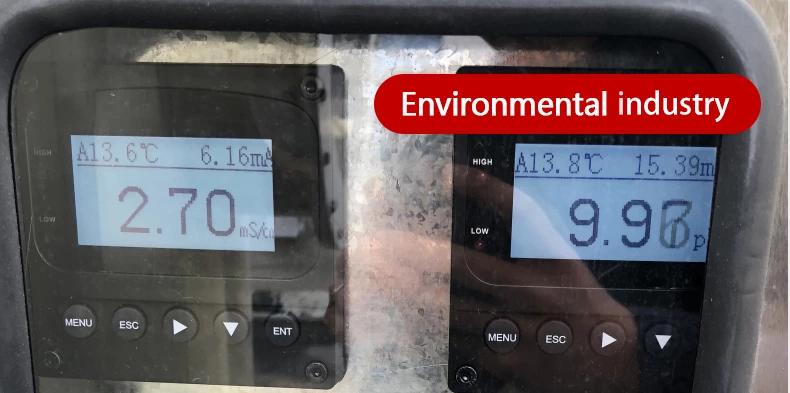
-
A variety of intelligent equipment matching.
-
Intelligent temperature compensation design: Instrument integrated automatic, manual dual temperature compensation mode Support NTC10K temperature compensation components, suitable for a variety of measurement occasions, temperature compensation type a key adjustable.
-
A variety of functions in one: conductivity/ EC/ TDS measurement capabilities to achieve two in one, cost-effective integrated design to support the boiler water, RO water treatment, sewage treatment, pharmaceutical industry and other liquid measurement and monitoring.
